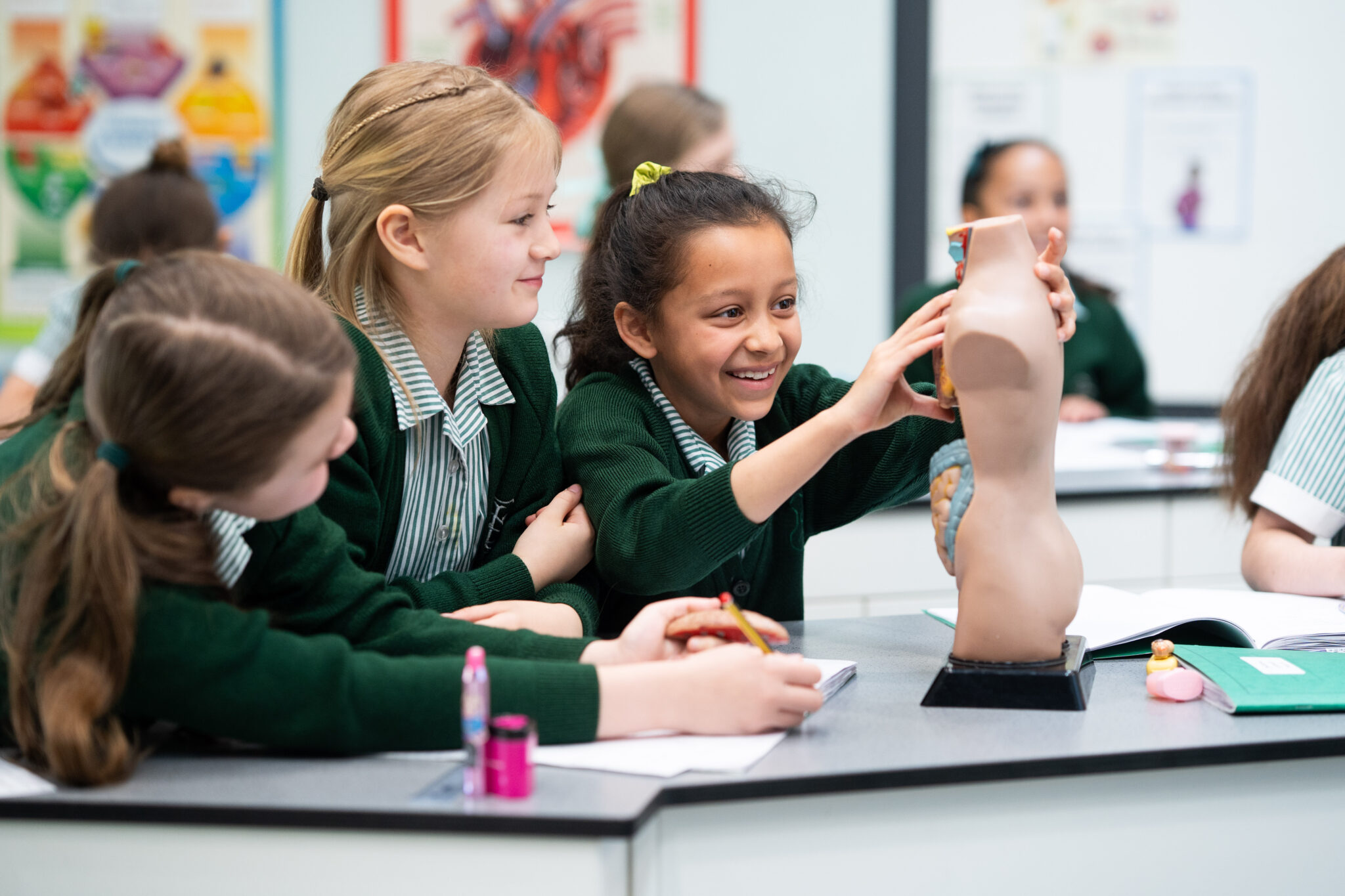Technology use is at the forefront of life at Sarum Hall School. We approach technology in a balanced and holistic way.
Pupils across the School take part in structured computing and ICT lessons, where they develop the skills needed not only to understand modern technology but to enjoy using it. Our ICT provision helps prepare them for the wider world, introducing them to coding, augmented reality, green screen technology, and robotics, alongside key curriculum areas such as touch typing. ICT is also increasingly embedded across other subjects – from maths to music – to support and enhance learning throughout the curriculum.
Rather than the traditional computer suite with banks of desktops, our computing suite is a contemporary and flexible learning space. The environment fuses the lastest mobile technologies with the innate ability of all children to be creative. There is no fixed furniture; everything is mobile. It’s a space in which the pupils take ownership of their learning. From Year 2 onwards, each pupil is issued with their own iPad to support them with their learning.
The school uses G-Suite tools including Google Classroom as well as other online educational tools, such as Purple Mash and Seesaw, to enrich the curriculum and enhance the pupils’ learning experience. Preparing our pupils for the future of education, the workplace and the world in general, is key to our curriculum. This is accomplished through gaining experience of collaborative working, understanding how to use a range of different technologies, of course, how to be safe online.


